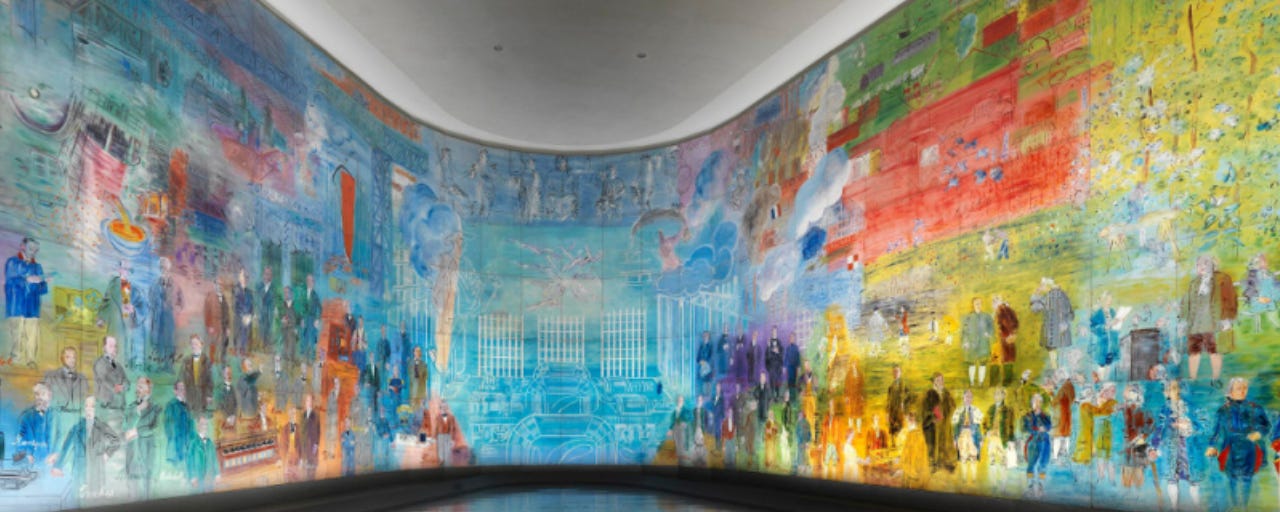I was invited by my wonderful (and very feminist) friend Robert Baker to discuss ‘male allyship’ on his panel at last week’s She2 event held…
Keep reading with a 7-day free trial
Subscribe to Elderberries to keep reading this post and get 7 days of free access to the full post archives.





